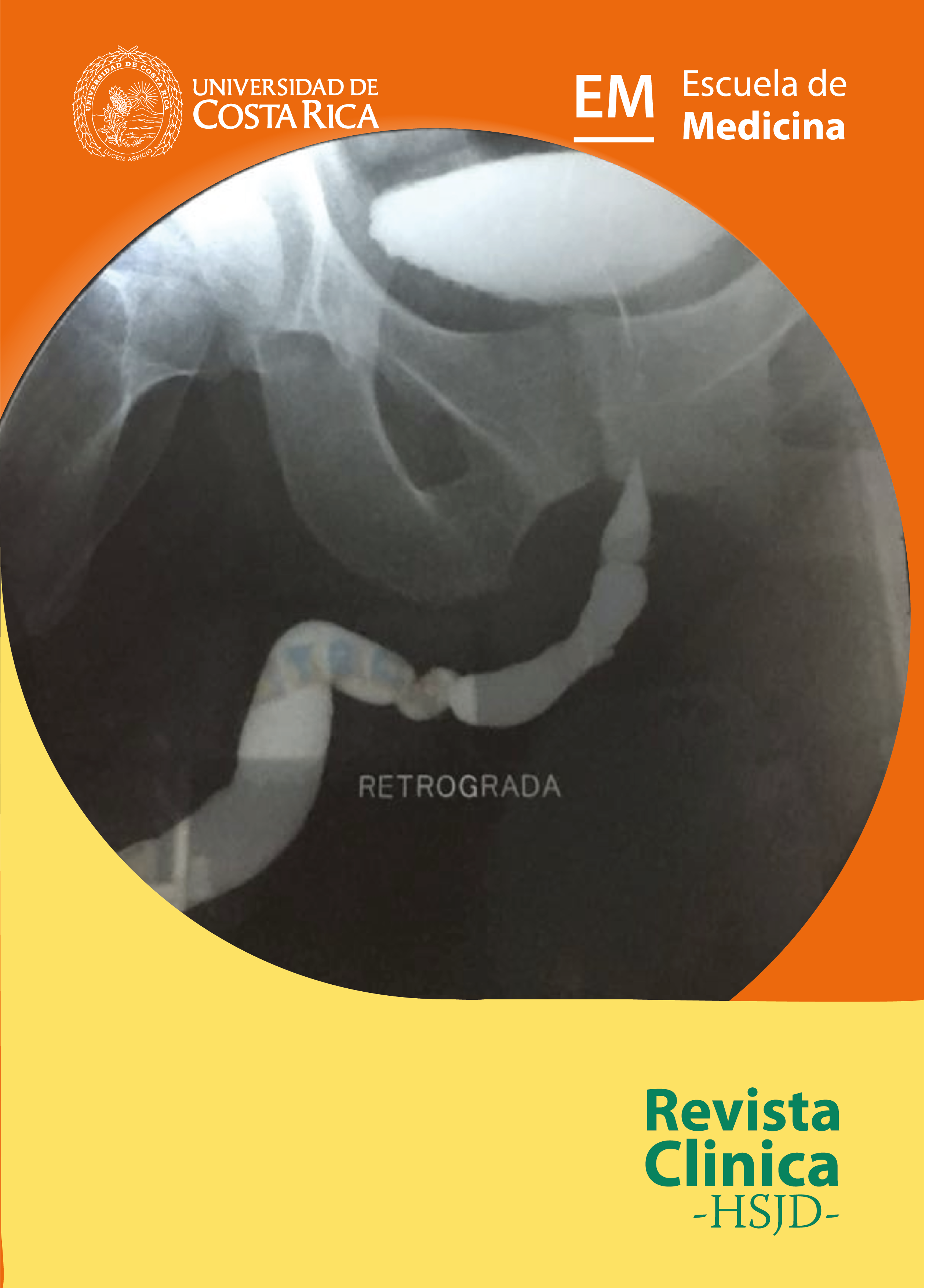Abstract
Medical students usually perceive neurosciences as one of the most complicated medical specialties to learn. They consider the subject as complex and have difficulties understanding the theory which in turn impedes the application of what they have learned.
The term “neurophobia” describes the fear of neuroscience and clinical neurology that medical students develop with the subsequent incapacity to apply their basic sciences knowledge to clinical practice. This eventually produces a paralysis of thought at the moment of action. In Costa Rica there is a great deficit of neurologists, therefore primary care physicians must have appropriate neurological knowledge in order to provide a satisfactory approach to patients with common neurological disorders.
References
Neuroanatomy; Neurophobia; Didactic Strategy; College teaching; Collaborative learning
Mullally WJ. Conquering ‘Neurophobia.’ Am J Med [Internet]. 2017;130(8):877. Available from: http://dx.doi.org/10.1016/j.amjmed.2017.04.019
Ridsdale L, Massey R, Clark L. Preventing neurophobia in medical students, and so future doctors. Pract Neurol [Internet]. 2007 Apr 1;7(2):116 LP-123. Available from: http://pn.bmj.com/content/7/2/116.abstract
Hernández A. Las Estrategias Didácticas en la Formación de Docentes. Primera Ed. San José, Costa Rica: Editorial de la Universidad de Costa Rica; 2009. 288 p.
Millis BJ. Materials presented at The University of Tennessee at Chattanooga Instructional Excellence Retreat. In Tennessee; 1996.
Johnson DW. Joining together: group theory and group skills. Novena Edi. MA: Allyn and Bacon; 2006. 651 p.

